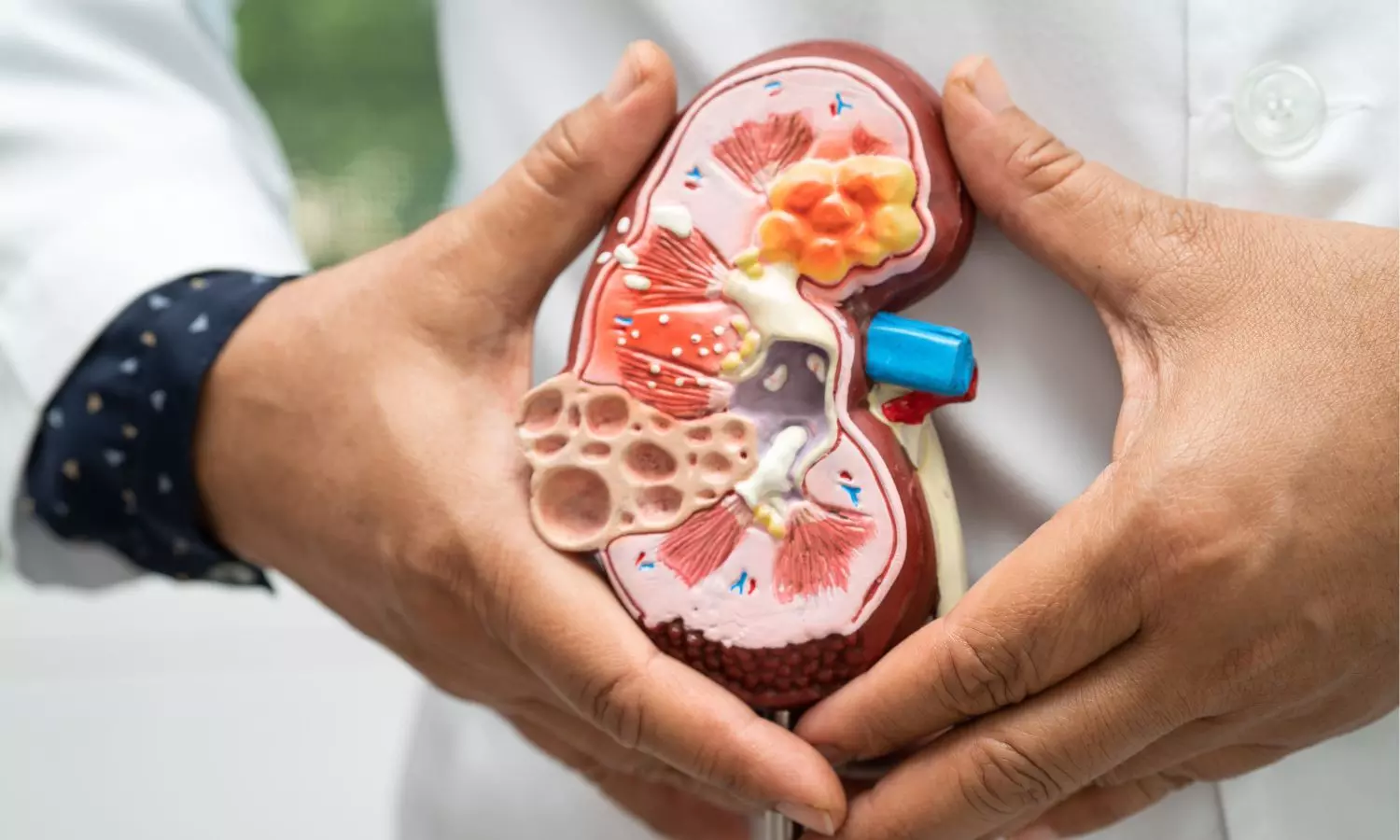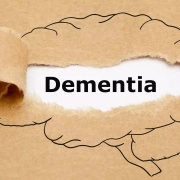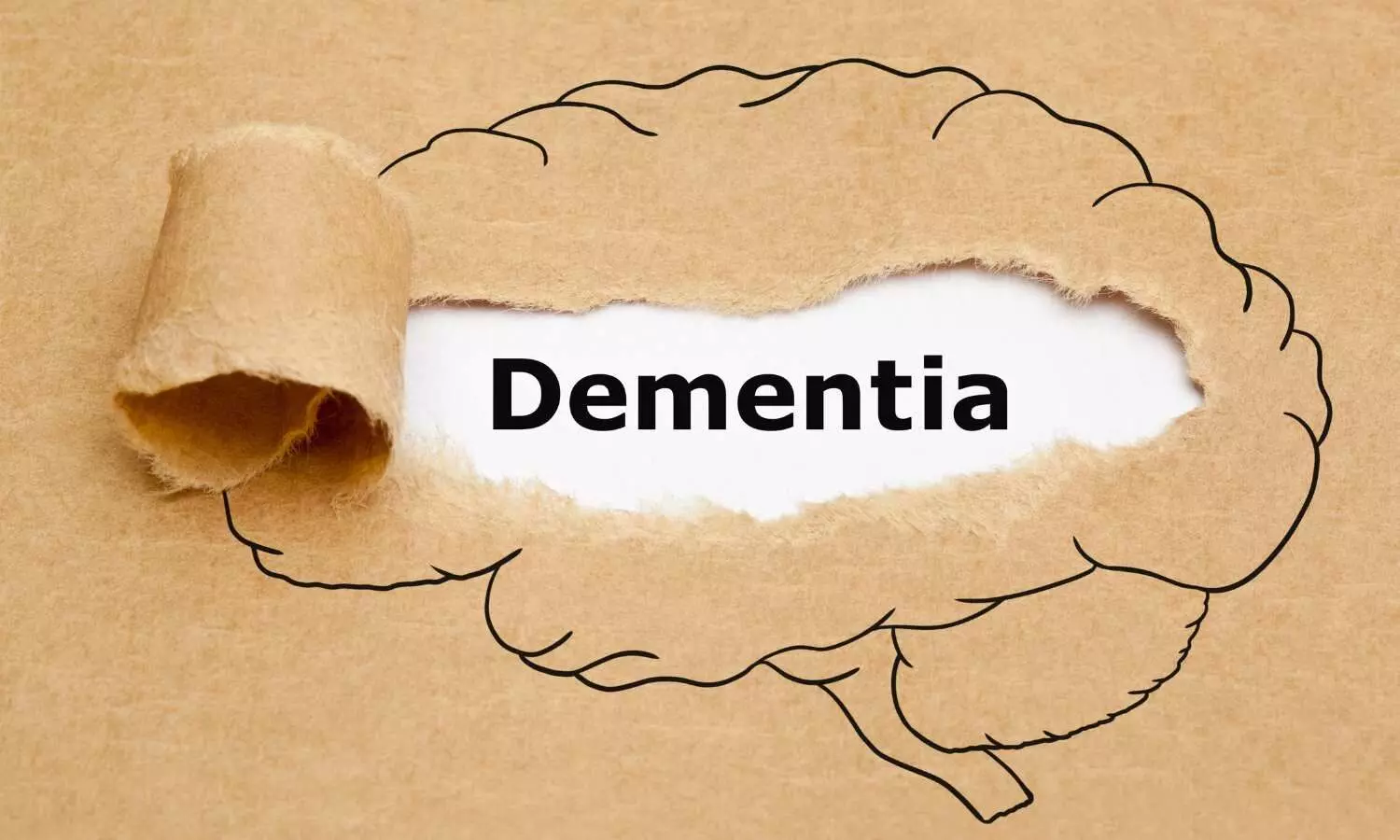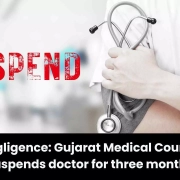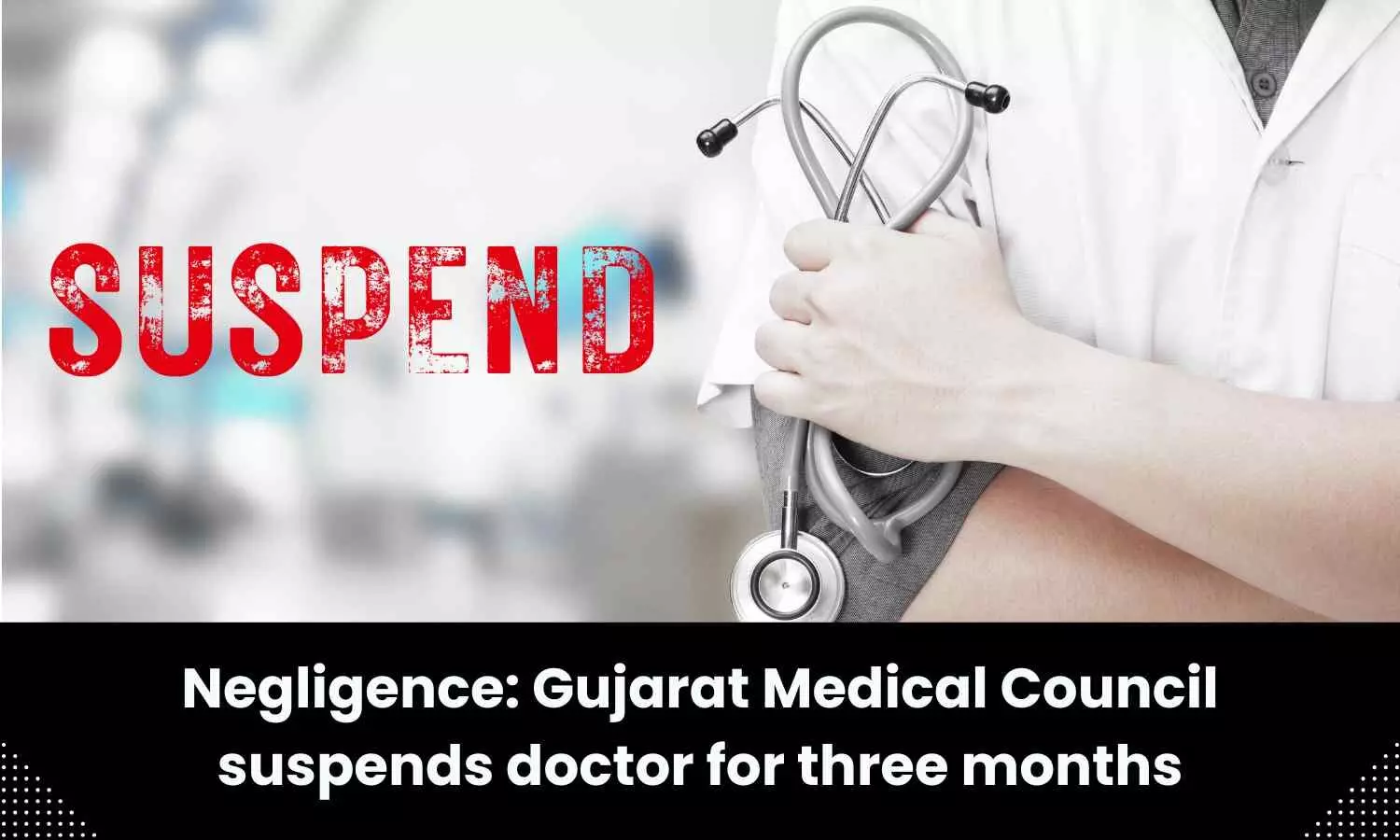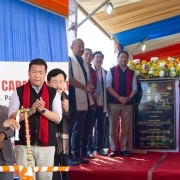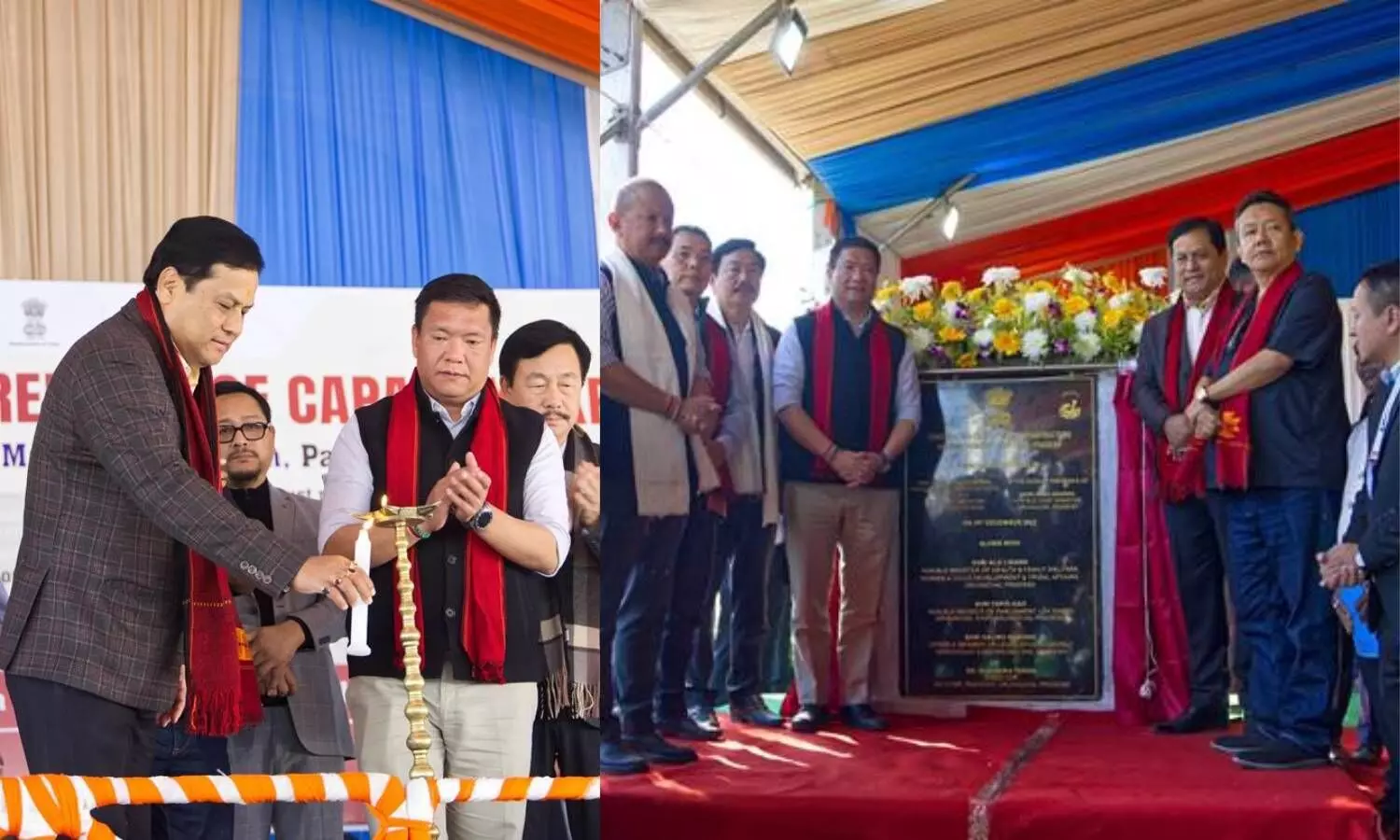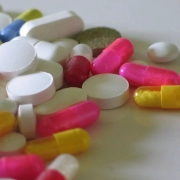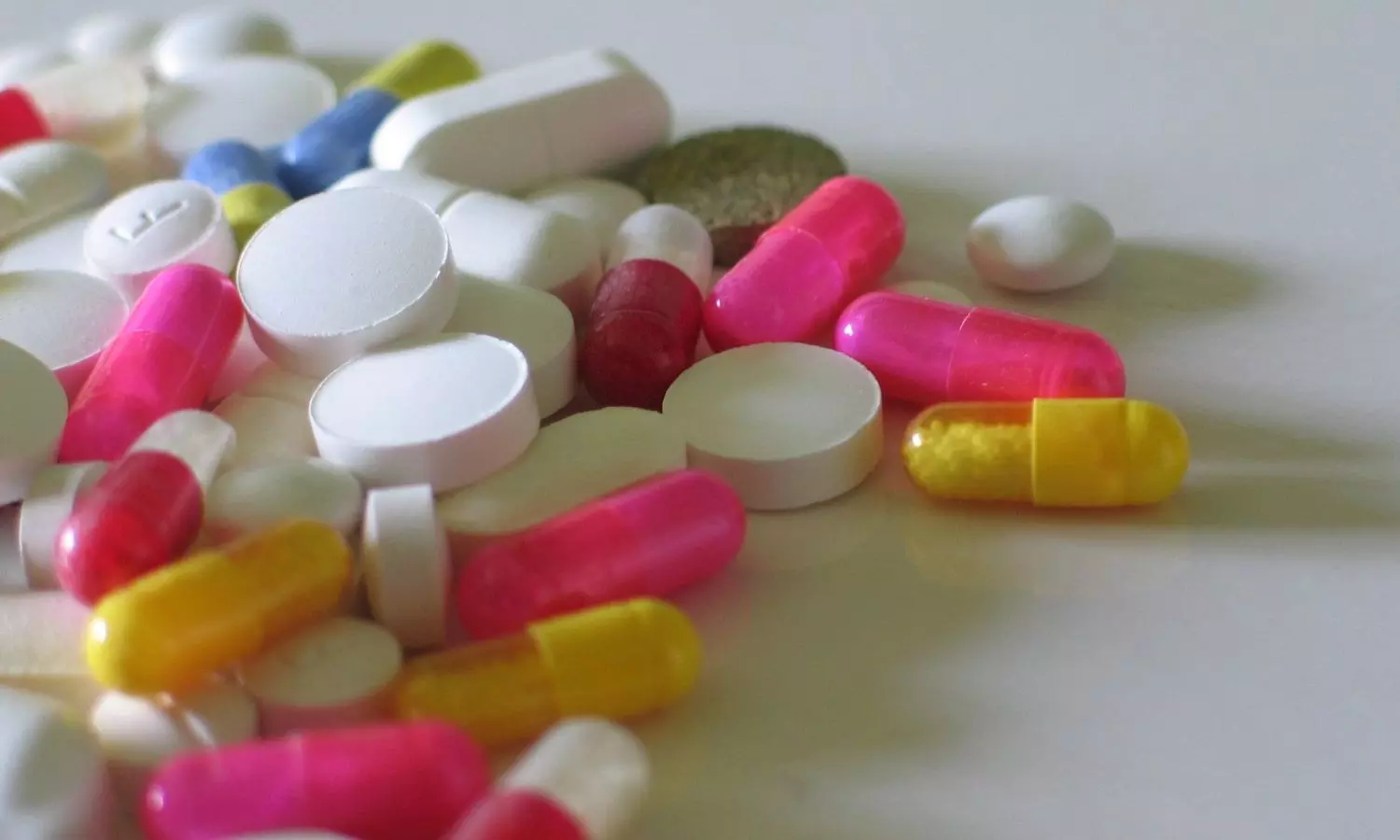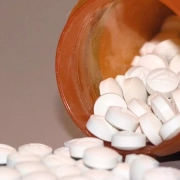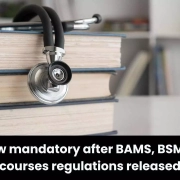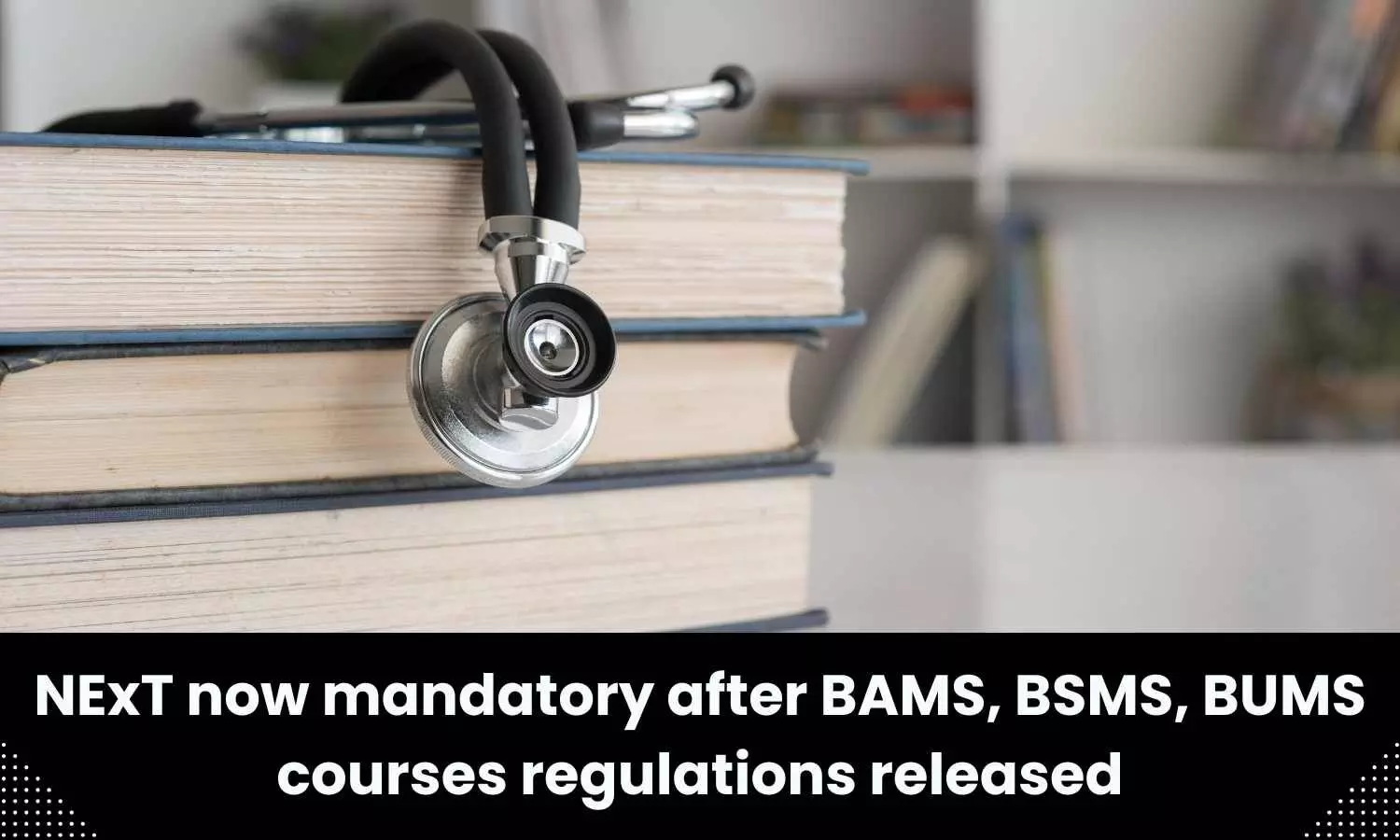New Delhi: Union Minister of Ports, Shipping & Waterways and Ayush, Shri Sarbananda Sonowal, and the Chief Minister of Arunachal Pradesh, Shri Pema Khandu laid the foundation stones for capacity expansion at the North Eastern Institute of Ayurveda and Folk Medicine Research (NEIAFMR) at Pasighat, Arunachal Pradesh today.
With a total investment of ₹53 crores, additional infrastructure will be developed at the institute.
The event was also graced by the Speaker of Arunachal Pradesh Legislative Assembly, Pasang Dorjee; the Minister of Health & Family Welfare, Women & Child Development and Tribal Affairs, Govt of Arunachal Pradesh, Alo Libang; the MP (Lok Sabha) for Arunachal East, Tapir Gao; MLA of 38 Pasighat East, Kaling Moyong; MLA of Pasighat West, Ninnog Ering; State Information Commissioner of Arunachal Pradesh, Gumjhum Haider; the Vice Chancellor of Arunachal Pradesh State University, Prof Tomo Riba among other dignitaries.
Also Read:Ayurveda boon in the era of nuclear power, pesticides, toxic environment: AYUSH Minister
Speaking on the occasion, the Union Minister of Ports, Shipping & Waterways and Ayush Shri Sarbananda Sonowal said, “Folk medicine has a rich heritage of healing humanity for thousands of years. It has remained among our communities helping generations to enrich their lives. Under the visionary leadership of Prime Minister Shri Narendra Modi ji, a sincere effort has been made to rejuvenate the traditional medicine including the folk medicine to bolster our healthcare system and provide people with an experience of enriched life experience.
Supplementing this effort, the Modi government has committed investment to build additional infrastructure at the North Eastern Institute of Ayurveda and Folk Medicine Research (NEIAFMR) which will build its capacity to act as a catalyst to strengthen its research and development in Ayurveda and folk medicine from the region. I am also happy to share with you all that a new centre on Sowa Rigpa will be set up in Arunachal Pradesh soon.”
The institute has also been working towards scientifically document, record, research as well as validate the folk medicine of the Northeast. The capacity expansion at the institute include an Academic building, hostels for boys and girls students, staff quarters as well as director’s bungalow. The hostels will accommodate 70 boys and 70 girls students from the institute.
The investment will cater to develop of additional infrastructure for opening of Ayurveda college for imparting quality in undergraduate course in Ayurveda, Bachelor of Ayurveda Medicine and Surgery (BAMS) as well as Post Graduate courses in due course of time. The new Ayurveda college at NEIAFMR, Pasighat will promote and develop Ayurveda through Education, Research and Extension Services. The Engineering Projects (India) Limited, a Government of India enterprise, is the executing agency for the project.
Speaking on the occasion, the Chief Minister of Arunachal Pradesh, Pema Khandu said, “We are very happy that an institution of Arunachal Pradesh – North Eastern Institute of Ayurveda and Folk Medicine Research (NEIAFMR) – is working towards harnessing the richness of folk medicine of the Northeast. Under the inspiring leadership of Prime Minister Shri Narendra Modi ji, institute capacity is being expanded that will not only help the traditional medicine from the region but also is an opportunity to document our age old folk medicine in a scientific manner for wider application in patient care beyond its traditional geographical reach.
Modi ji has always laid emphasis on the rejuvenation of India’s traditional medicine as it has proven its effectiveness to treat various ailments and enabling a better life experience. The region’s rich variety of medicinal plants with great commercial potential for Pharmaceutical, Ayurvedic & aromatic sectors unlocking commercial avenues for the state as well as for the Northeast.”
Elaborating on the role of NEIAFMR, the Shri Sarbananda Sonowal said, “Under the visionary leadership of Prime Minister Shri Narendra Modi, the Government is working towards rejuvenating the traditional form of medicines like Ayurveda, Yoga, Unani, Siddha, Homoeopathy, Sowa Rigpa and Naturopathy. As the nation cruise towards becoming an Atmanirbharta, the Ayush ministry is working relentless towards enabling our rich traditional medicinal system with scientific validation for wider usage in the pharmaceutical and patient care areas of medical science.
This is going to not only benefit our traditional healers community but also expand the scope of folk medicine, allowing it to reach greater number of people to heal and enrich their lives. The NEIAFMR is a leading institute of India that has been dedicatedly working towards reviving the folk medicine from the region. Our rich heritage of Ayurveda can also flourish from the local rich traditional medicinal practices. With this idea, the institute incorporated Ayurveda to further rejuvenate with a wider range of patient care solutions. In order to further bolster its effort, we are committed to develop this institute as the national hub of folk medicine.”
The North Eastern Institute of Ayurveda & Folk Medicine (NEIAFMR), Pasighat was established to strengthen and develop traditional healthcare, with special focus on the Northeast. It is functioning as the apex Research Centre for all aspects of Local Health Traditions (LHTs) and Ethno Medicinal Practices (EMPs). The Institute has also been working as a common ground for traditional healers, Ayurvedic researchers as well as scientific community in order to scientifically prove & validate the efficacy of traditional medicine towards enrichment of human lives.
The Govt aims to further strengthen NEIAFMR with infrastructure like (Regional Raw Drug Repository (RRDR) & Museum, Sophisticated Analytical Instrument Facility (SAIF), State of Art Panchakarma Treatment & Research Center, Paramedical Teaching Center, etc at NEAIFMR, Pasighat in the near future.
